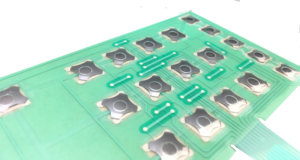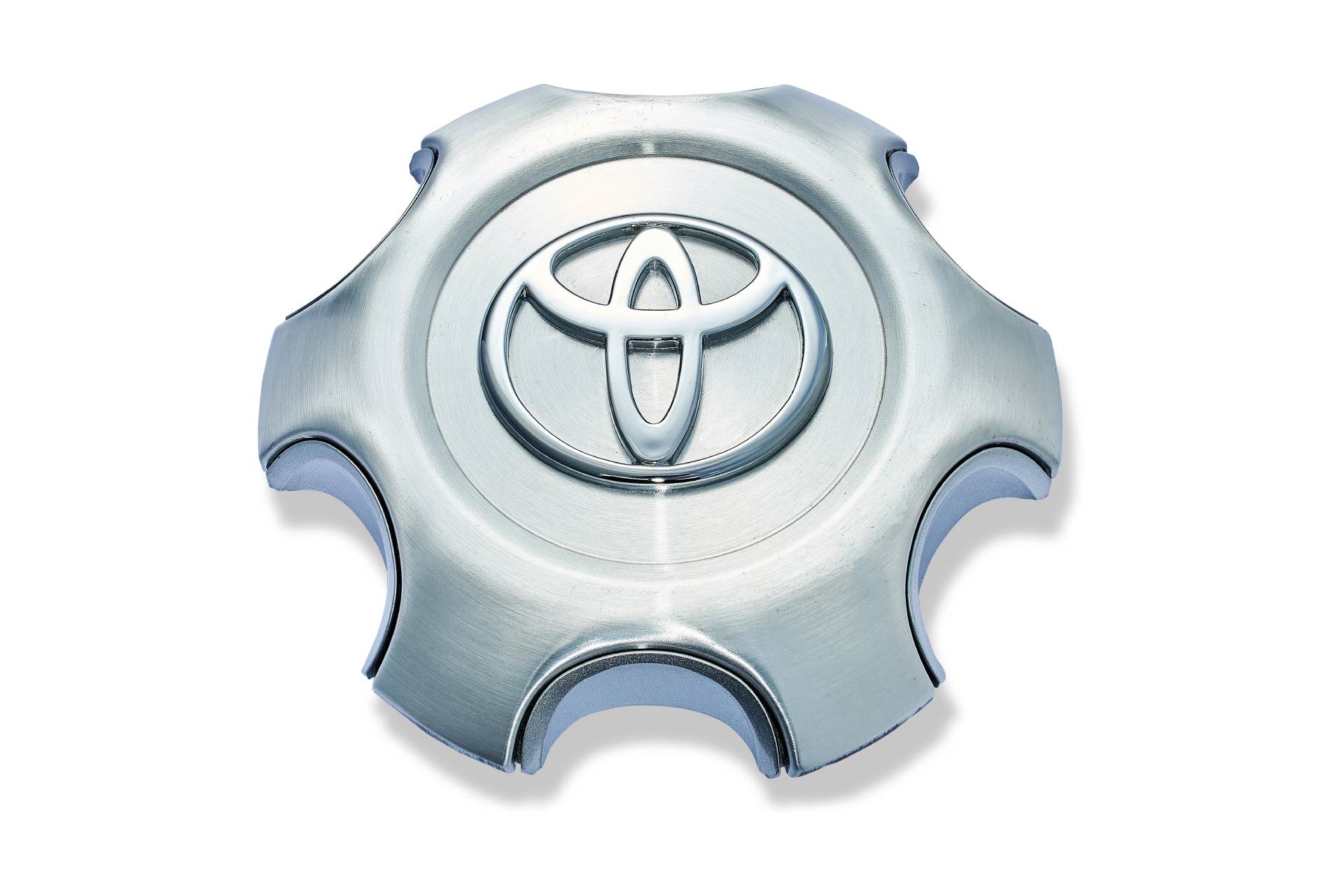Exploring the Conveniences of Membrane Layer Switches for Modern Electronics
The exploration of membrane buttons in modern electronic gadgets provides a remarkable perspective on their myriad advantages, especially in terms of layout adaptability, toughness, and cost-effectiveness. These user interfaces not only withstand extreme environmental conditions but likewise supply a high degree of personalization, which is increasingly crucial in today's open market. As sectors remain to evolve, the role of membrane buttons in boosting individual experience and operational efficiency warrants closer assessment. Understanding just how these parts can form the future of electronic applications might disclose understandings that can influence layout and manufacturing methods dramatically.
Benefits of Membrane Buttons
Membrane switches are significantly favored in modern electronics because of their various advantages. Among the key advantages is their small design, which permits for space-efficient assimilation into various gadgets. This slim profile not just preserves space but likewise adds to the general aesthetic appeal of electronic products.
One more benefit is their resilience. Membrane buttons are commonly immune to moisture, dirt, and impurities, making them optimal for use in atmospheres where exposure to harsh problems is a problem. This resistance extends the life-span of the buttons, lowering the need for constant replacements and upkeep.
In addition, membrane layer switches offer superb tactile comments, improving customer experience. The responsive response is often created to supply a gratifying sensation upon activation, which can boost customer satisfaction and effectiveness.
Furthermore, the production procedure of membrane switches is cost-effective, permitting reduced manufacturing expenses contrasted to traditional mechanical switches. This price makes them suitable for a vast array of applications, from customer electronics to commercial equipment.
Style Flexibility and Personalization
The design flexibility and personalization alternatives offered by membrane changes even more enhance their appeal in modern electronic devices. These buttons can be customized to meet details aesthetic and practical requirements, permitting manufacturers to create tools that straighten carefully with brand name identity and user choices. With numerous options in terms of colors, forms, and sizes, membrane buttons can perfectly incorporate into varied product designs, whether for customer electronics, commercial applications, or clinical devices.
Additionally, the ability to include graphics and signs straight onto the button surface boosts use while minimizing the demand for extra labeling. This assimilation not only streamlines manufacturing procedures yet also adds to a sleeker general appearance. The style can be more customized through functions such as backlighting, tactile responses, and multi-layer constructions, offering boosted customer interaction.

Durability and Environmental Resistance

Moreover, membrane layer buttons can be engineered to be chemically immune, making them ideal for applications in industrial environments where exposure to solvents and cleansing agents is common. The encapsulation of digital parts within the membrane layer structure supplies additional defense against environmental stresses, guaranteeing dependable performance even in tough conditions.
Along with physical resilience, membrane switches over exhibit exceptional resistance to UV light, avoiding destruction and discoloration with you can try this out time (membrane switch). This particular is especially advantageous for outside applications, where long term direct exposure to sunshine can compromise various other button types
Inevitably, the durability and ecological resistance of membrane switches make them a suitable choice for a vast array of modern digital tools, from medical equipment to consumer electronics, ensuring consistent capability and user fulfillment across various applications.
Cost-Effectiveness in Production
Cost-effectiveness in production is a considerable benefit of membrane layer switches, making them a preferred option for makers in numerous sectors. The production procedure of membrane switches generally includes fewer products compared to traditional buttons, which reduces raw product expenses. This structured manufacturing process not just saves money however also reduces waste, lining up with modern sustainability goals.
Moreover, membrane buttons can be produced making use of automated strategies, permitting high-volume outcome with lowered labor costs. The integration of sophisticated printing innovations even more improves performance, making it possible for suppliers to accomplish elaborate designs and capabilities without sustaining considerable additional expenditures. This scalability makes certain that manufacturing can adjust to altering market demands without endangering quality or enhancing prices.

In addition, the light-weight nature of membrane layer changes contributes to cost savings in shipping and handling, in addition to in the total layout of electronic tools. By eliminating bulky components, suppliers can optimize the total item design, therefore boosting market competitiveness. Generally, the cost-effectiveness of membrane layer switches not just advantages manufacturers financially yet additionally assists in technology and rapid item growth in the vibrant landscape of modern electronics.
Applications in Various Industries
Versatility stands apart as a trademark of membrane layer buttons, permitting them to find applications across a vast array of industries. In the healthcare market, these switches are indispensable to medical devices, providing easy to use user interfaces for tools like infusion pumps and diagnostic machines. Their resistance to wetness and very easy cleansing make them suitable for environments needing strict hygiene standards.
In the auto sector, membrane buttons add to the performance of dashboards and control board, providing a sleek, modern look while making certain longevity against rough problems. Their lightweight layout additionally sustains general vehicle effectiveness.

In addition, industrial machinery employs membrane buttons check out this site for operational controls. Their durable nature and personalized attributes deal with the certain demands of diverse applications.
Verdict
Finally, membrane layer switches offer substantial benefits for modern electronic devices, including style flexibility, longevity, and cost-effectiveness. membrane switch. Their adjustable attributes and resistance to environmental factors make them suitable for a large array of applications throughout different sectors. As technical needs continue to develop, the convenience and effectiveness of membrane layer switches position them as an essential part in enhancing customer experience and driving advancement within the affordable landscape of electronic tools
Comments on “The Advancements of Membrane Switch Technology in the Automotive Industry”